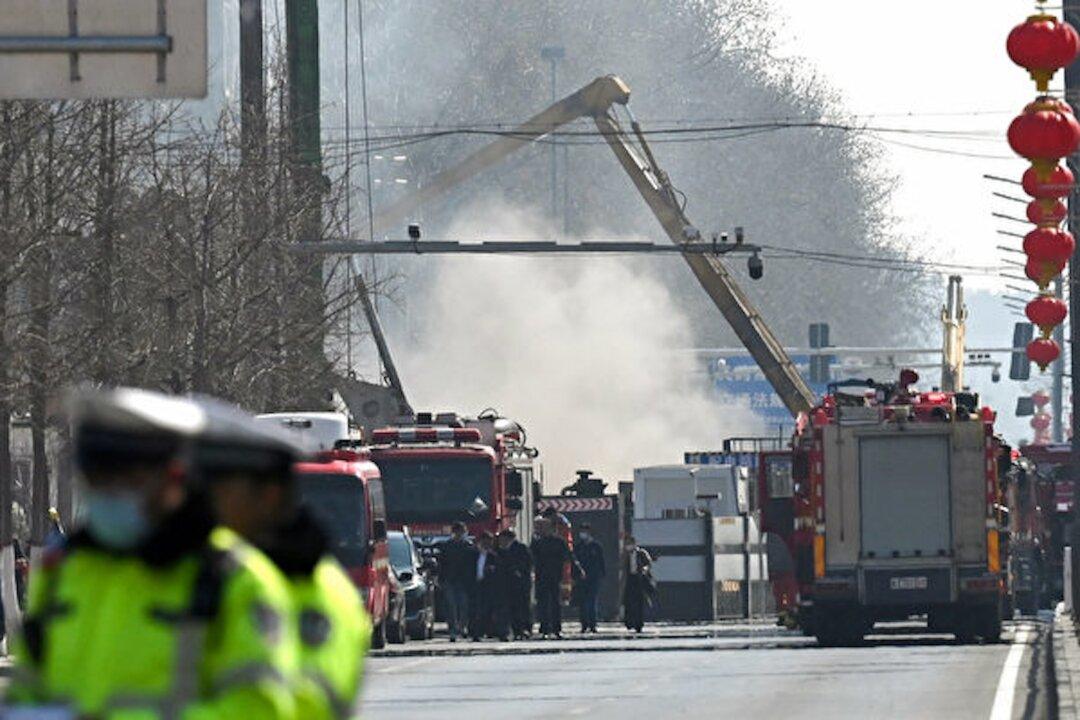News Analysis
Recently, Sanhe City in Hebei Province, located merely 40 miles from the center of Beijing, was hit by two significant explosions. China experts say the possibility of politically motivated crime cannot be ruled out.

Recently, Sanhe City in Hebei Province, located merely 40 miles from the center of Beijing, was hit by two significant explosions. China experts say the possibility of politically motivated crime cannot be ruled out.